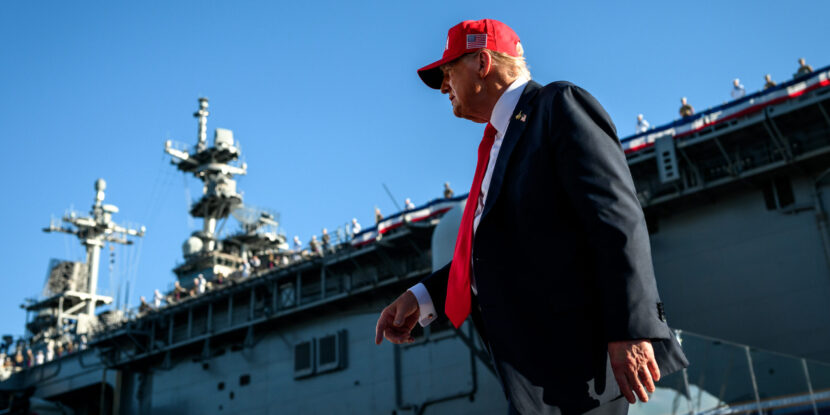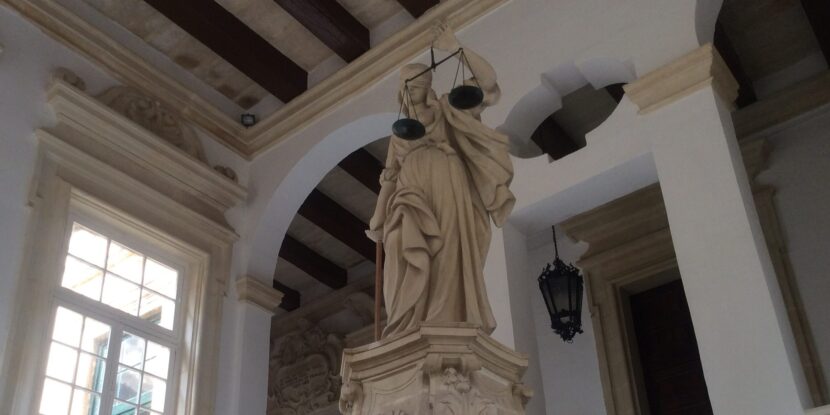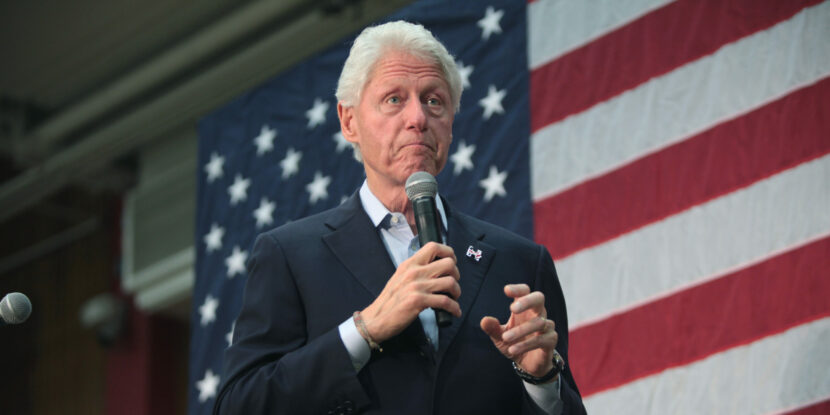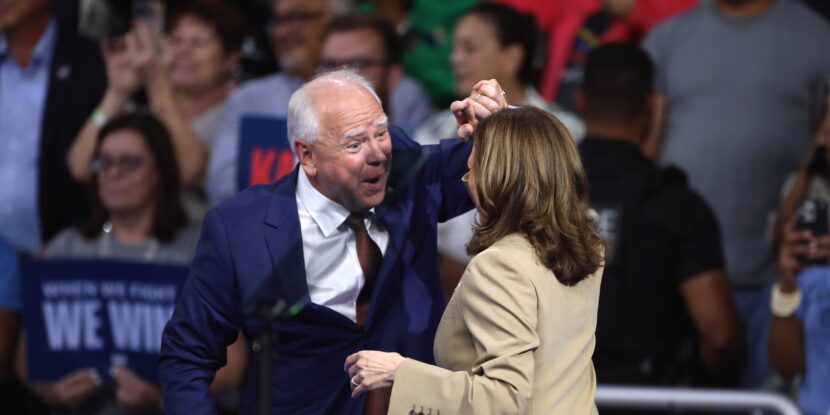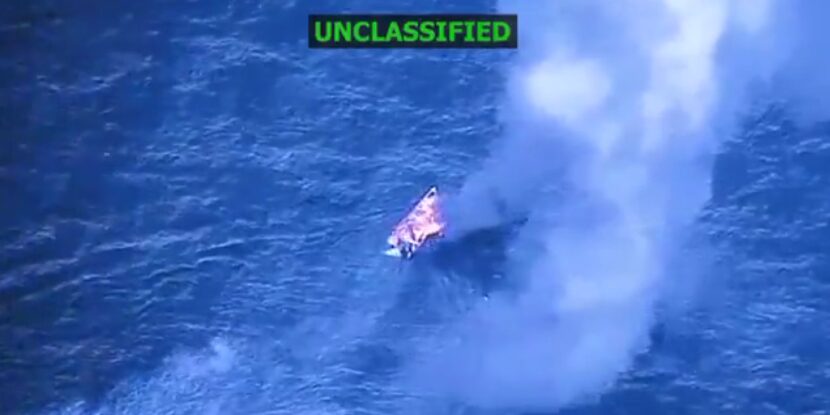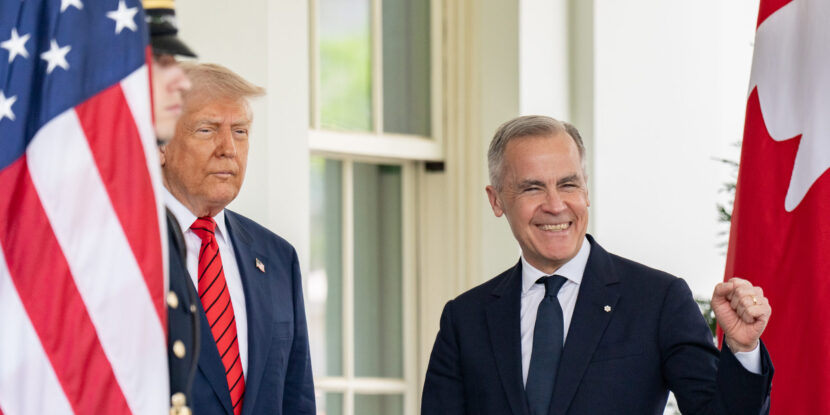❓WHAT HAPPENED: The United States and Australia signed a framework to secure critical minerals and rare earths supply chains for defense and advanced technologies.
👤WHO WAS INVOLVED: U.S. President Donald J. Trump and Australian Prime Minister Anthony Albanese.
📍WHEN & WHERE: October 20, 2025, in Washington, D.C.
💬KEY QUOTE: “In about a year from now we’ll have so much critical mineral and rare earth that you won’t know what to do with them.” — President Trump
🎯IMPACT: The agreement aims to bolster industrial resilience and security in both nations, while countering China’s unprecedented export restrrictions on its rare earth minerals.
The United States and Australia have formalized a framework to secure critical minerals and rare earths supply chains essential for defense and advanced technologies. The agreement—aimed at decoupling the two countries from reliance on China—was signed by President Donald J. Trump and Australian Prime Minister Anthony Albanese in Washington, D.C. on Monday.
“In about a year from now we’ll have so much critical mineral and rare earth that you won’t know what to do with them,” Trump said during the signing, with Albanese declaring: “We are great friends and we’re great allies.”
According to the framework, the United States and Australia are committing to “intensifying their cooperative efforts to accelerate the secure supply of critical minerals and rare earths necessary to support manufacturing of defense and advanced technologies and their respective industrial bases.” To accomplish this goal, both countries agreed to “mobilize government and private sector support including for capital and operational expenditures via guarantees, loans, or equity; finalization of offtake arrangements; insurance; or regulatory facilitation.”
President Trump and Prime Minister Albanese also announced that their governmens will each commit at least $1 billion in financing for projects within their respective countries to strengthen supply chains. The investment will be promoted by a jointly managed Mining, Minerals and Metals Investment Ministerial.
Notably, the U.S. Export-Import Bank will issue seven Letters of Interest for more than $2.2 billion in financing, which will enable up to $5 billion in total investment. Additionally, the U.S. Department of War is set to fund the construction of a 100 metric tons-per-year advanced gallium refinery in Western Australia, furthering efforts toward critical mineral independence.
Australia, as part of the agreement, committed to purchasing $1.2 billion in U.S.-made unmanned underwater vehicles and $2.6 billion in Apache helicopters. The nation will also contribute $1 billion to the U.S. submarine industrial base, with another $1 billion expected by year’s end.
The move comes on the heels of a radically restrictive export control policy instituted earlier this month by the Chinese Communist Party (CCP) on China’s large reserves of rare earth minerals. China, which dominates the global supply of rare earths, stated that the measures are necessary to “safeguard national security and interests.” Under the new rules, foreign exporters of products containing rare earths sourced from China must obtain licenses from Beijing’s commerce ministry. Licenses for products with “military use” will largely be denied, according to Chinese authorities.
In response to the CPP’s export controls, President Trump announced he intends to impose a new 100 percent tariff on Chinese imports. However, Chinese President Xi Jinping’s dismissal of Li Chenggang—one of the Chinese Communist Party’s top trade negotiators—after U.S. Treasury Secretary Scott Bessent publicy derided Li as “unhinged” suggests Beijing could be seeking an off ramp from the tade war ahead of President Trump’s meeing with Xi later this month.
Join Pulse+ to comment below, and receive exclusive e-mail analyses.
